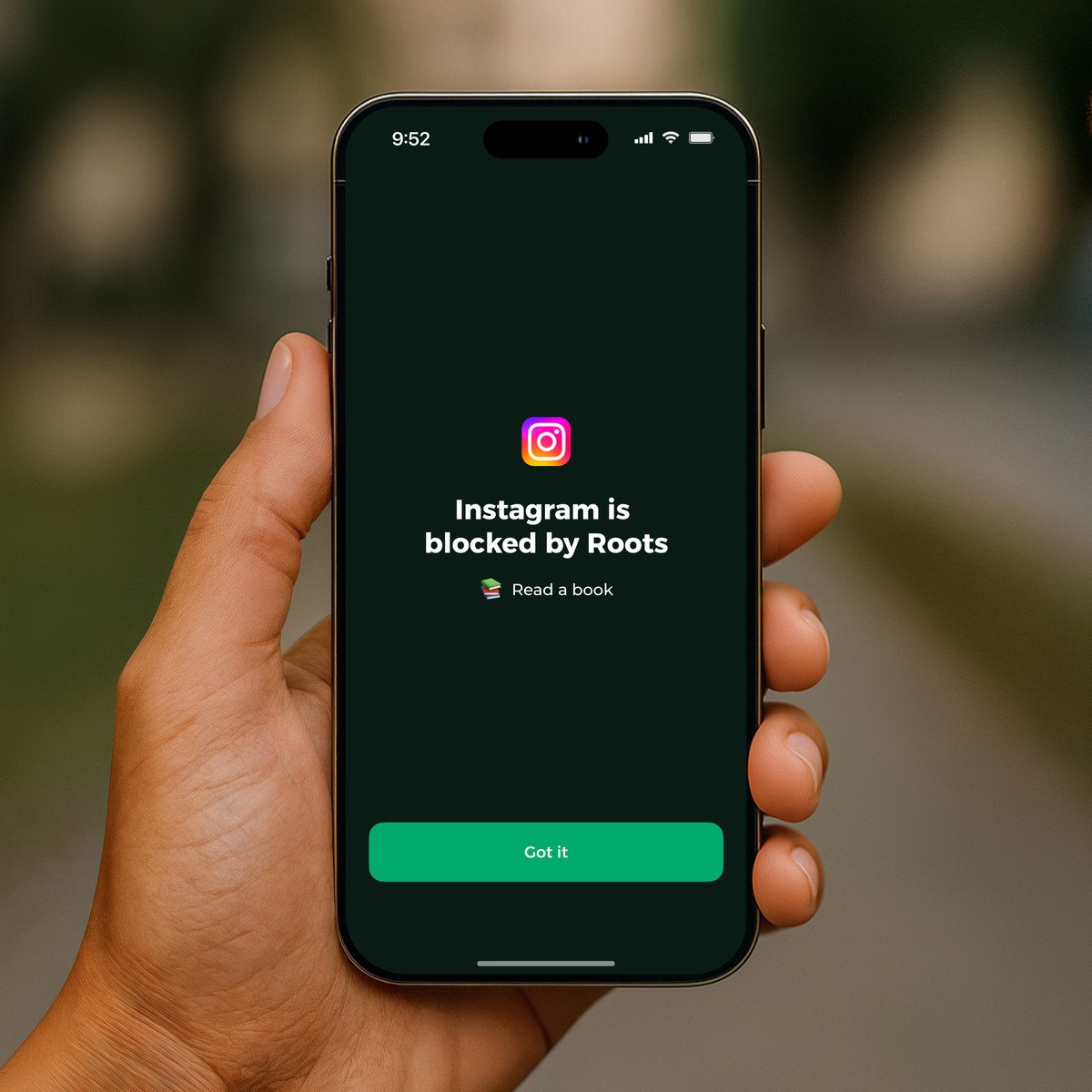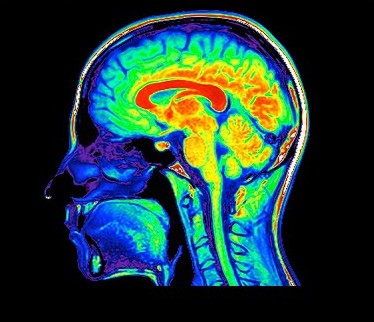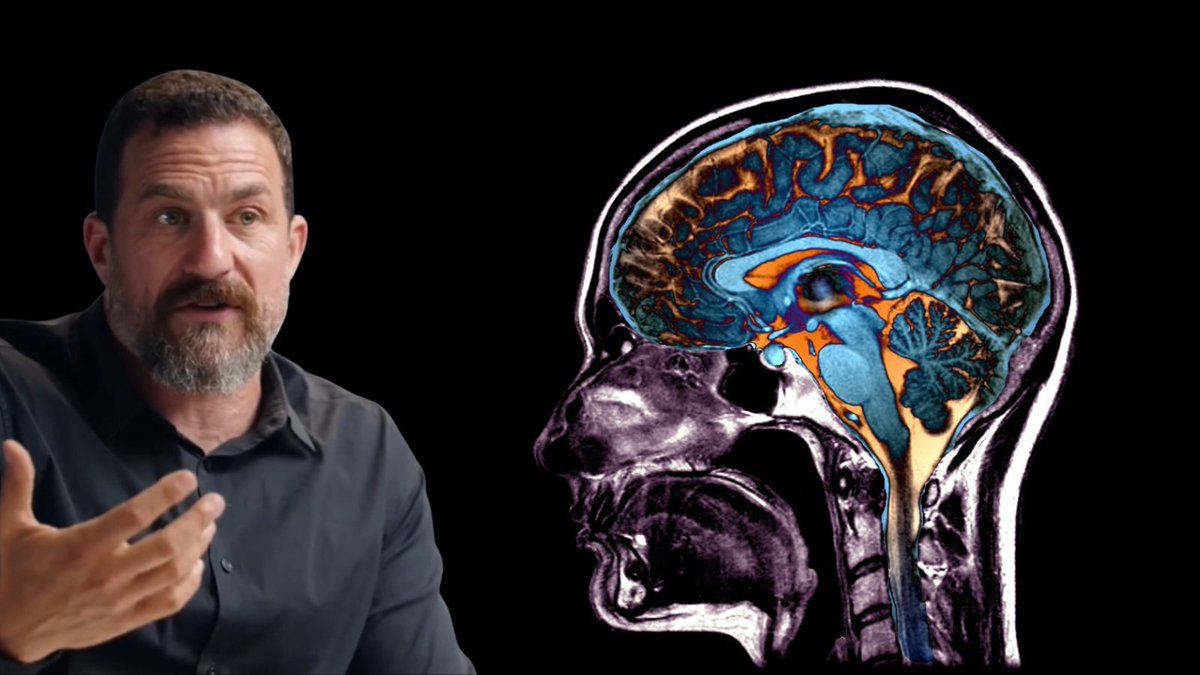
Building @unplugwithroots to help you stop doomscrolling | Previously co-founded Intown Golf Club (#205 on Inc. 5000), and gottaGolf (exited)
5 subscribers
How to get URL link on X (Twitter) App



 Emotionally intelligent people listen to understand, not to respond.
Emotionally intelligent people listen to understand, not to respond.
 Heart attacks peak between 6:00–10:00 a.m.
Heart attacks peak between 6:00–10:00 a.m.
 1. Privacy over popularity
1. Privacy over popularity
 You reach for your phone at every idle moment:
You reach for your phone at every idle moment:
 Over 35,000 people took part.
Over 35,000 people took part.
 1) It messes with your drive
1) It messes with your drive
 1. Your brain craves instant relief, not long-term fixes.
1. Your brain craves instant relief, not long-term fixes.
 1. You can be addicted to anything:
1. You can be addicted to anything:
 1. Reward without effort
1. Reward without effort
 Over 35,000 people took part.
Over 35,000 people took part.
 The average person spends a whopping 4 hours and 30 minutes on their phone daily.
The average person spends a whopping 4 hours and 30 minutes on their phone daily.

 1. Play Wealth, Not Status Games
1. Play Wealth, Not Status Games
 Dr. Conti says mental health boils down to 2 things:
Dr. Conti says mental health boils down to 2 things:
 1. Early rise
1. Early rise